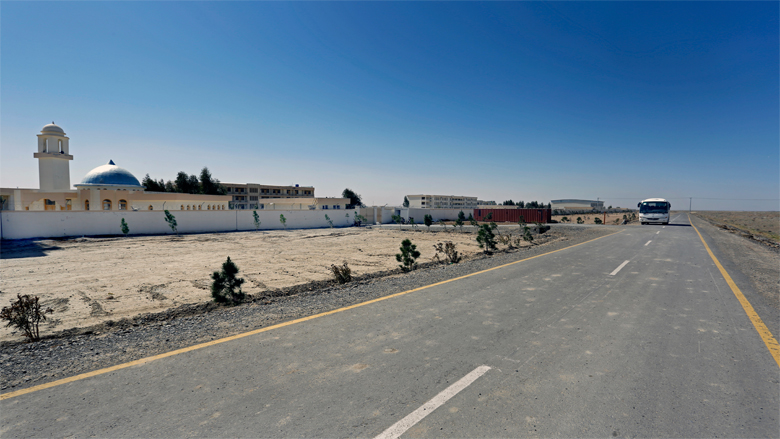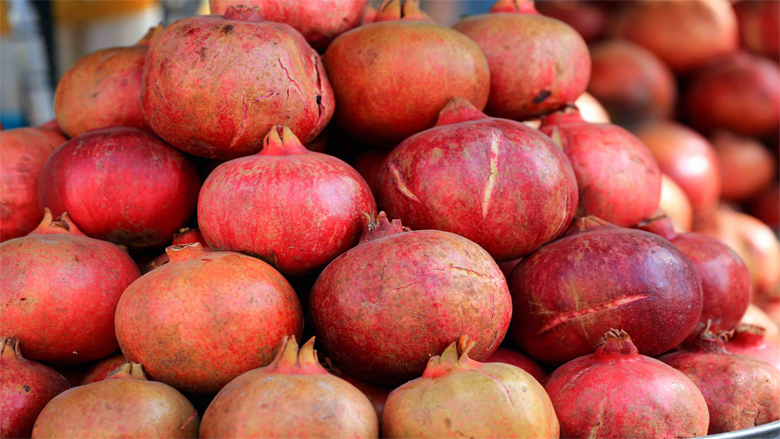DAMAN DISTRICT, Kandahar Province – Like every other weekend, Abdul Rahman kick-starts his motorcycle for the two-hour journey back home. A cleric in Hakim Jan village in Daman district, 70 kilometers away from Kandahar’s provincial center, Abdul Rahman is riding home to Kandahar city.
In 2013, when Abdul Rahman, 35, first started working in Hakim Jan village, the road connecting the village to Kandahar, the Spin-Boldak main road, was not paved. Rocky terrain and the long commute time meant that he could visit his family only once a month. “At that time, the road was too muddy and there was water-logging in many parts of the road,” he says. “It was normal to see a car stranded and muddied along the road.”
The challenging road conditions delayed access to basic essential services, such as health centers, especially in cases of emergency like childbirth. “Cars used to break down often and commuting made life hard for people here,” says Abdul Rahman.
However, the situation has changed significantly now that the Afghanistan Rural Access Project (ARAP) has asphalted the road between the village and the city. “When the road was paved, I bought a motorcycle to get home easily,” Abdul Rahman says.


